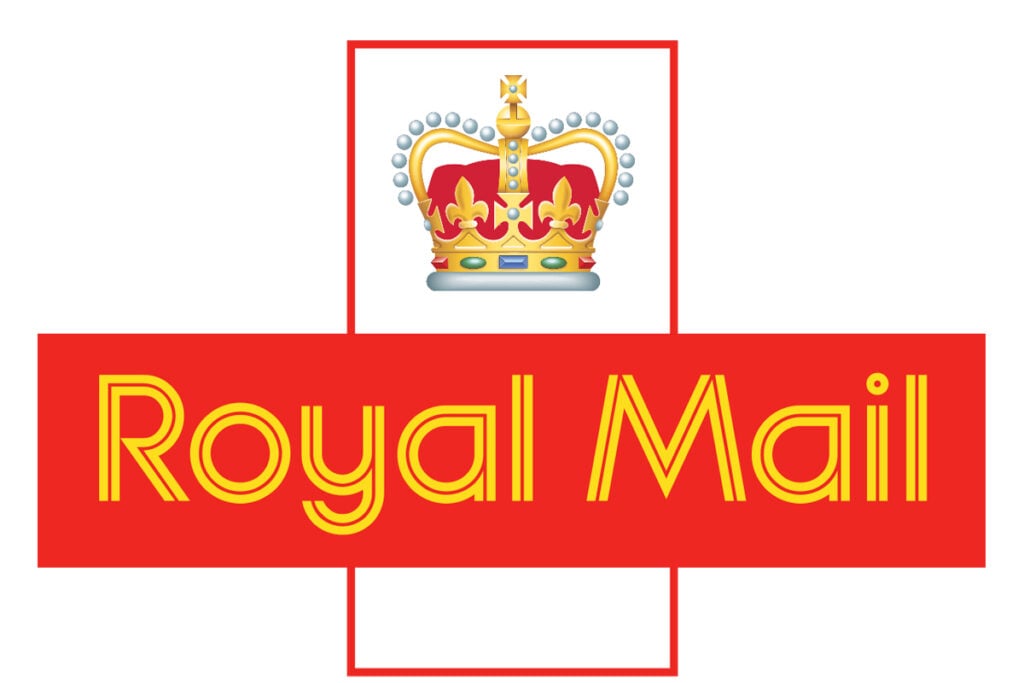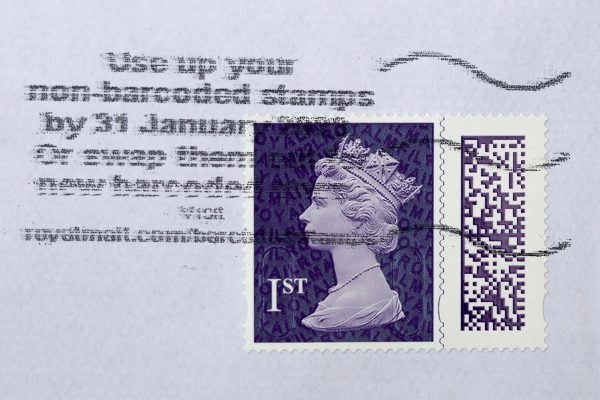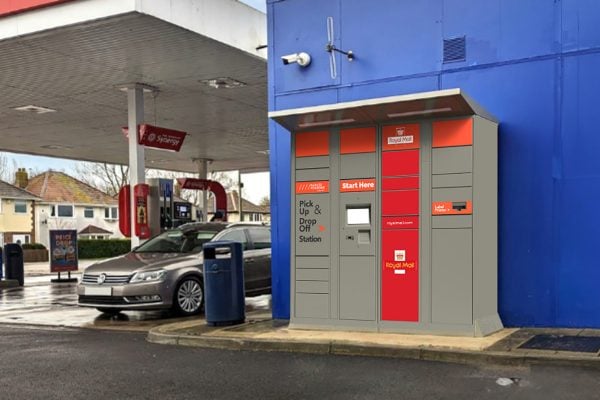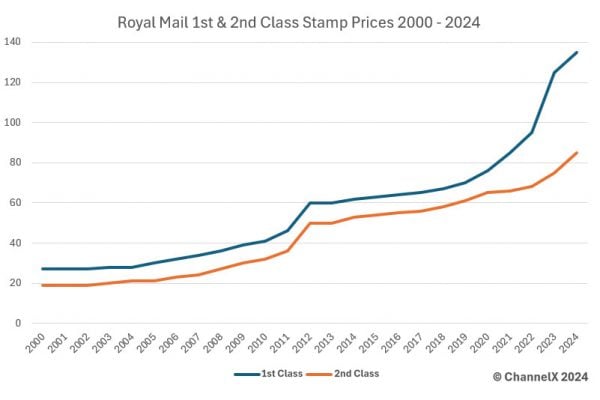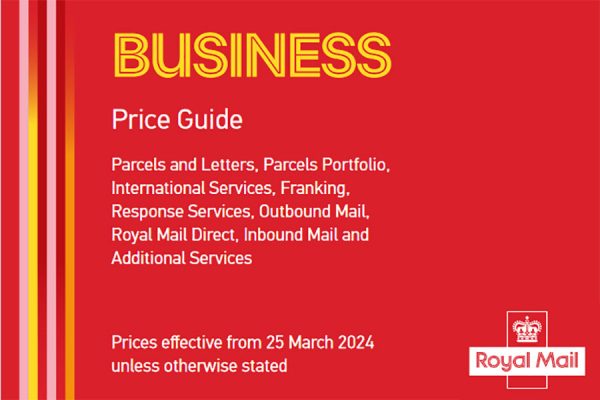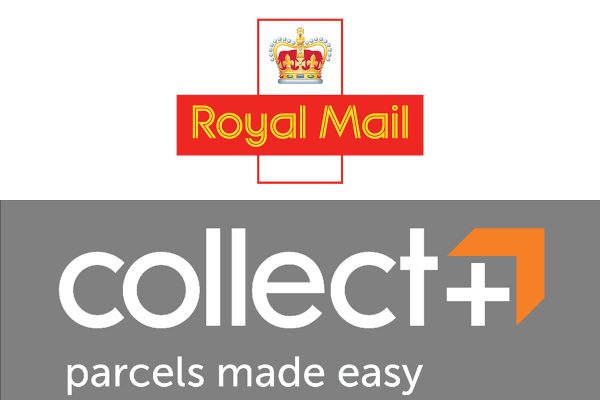Royal Mail have released a statement today on Brexit in which the supplier say that “the immediate risk and for those areas within our control is low.”
Pointing to the uncertainty surrounding Brexit, the supplier sees it as “not appropriate” to speculate on their future actions concerning the UK’s exit from the EU. However, Royal Mail are certain that “the main issue” they will face in the event of ‘hard-Brexit’ would be “potential economic downturn and changes associated with customs and VAT processing.”
“We are planning for all the main eventualities and for those areas within our control our state of readiness is on track. We believe that the immediate risk to our domestic operations is low. The shape of the future relationship between the UK and the EU continues to be unclear. It is therefore not appropriate, at this stage, to set out with any degree of accuracy the impact of various Brexit eventualities on the Group. As previously outlined, the main issues for the Group are expected to relate to any potential economic downturn and changes associated with customs and VAT processing.”
-Royal Mail
Speaking on the situation where the EU and the UK won’t have a solid trading agreement in place, there will be two new procedures to follow for the UK merchants, suggest a British law firm, Hill Dickson.
According to the firm’s customs advice in the case of hard-Brexit, merchants would need to evidence what classification and country of origin (COO) apply to the goods they import.
Classification is designed to categorise goods according to their product description for duty purposes. The first six digits are common to all World Trade Organisation (WTO) members. Up to another six digits can be used by individual countries to describe specific goods more accurately. Customs duty rates are allocated according to the classification code, as are notification of quota, licence requirements and so on. Correct classification of goods is thus hugely important, particularly where duty rates are significant.
COO is aimed at attributing the country of origin to goods. COO for many goods is very straightforward to arrive at, particularly where raw materials or single country manufacturing processes are involved. However, where components from more than one country are used in manufacture, then rules come into play which can be highly complex. Because of a variety of agreements, COO can affect duty liability and quota entitlements. COO certificates are obtained from local Chambers of Commerce or by invoice certification where permissible.
Meanwhile, this announcement comes as Theresa May said she is expecting to have phone calls with key EU leaders to discuss the future direction of Brexit. Until then, it leaves uncertainty whether the risk for merchants is “low,” medium or high.
